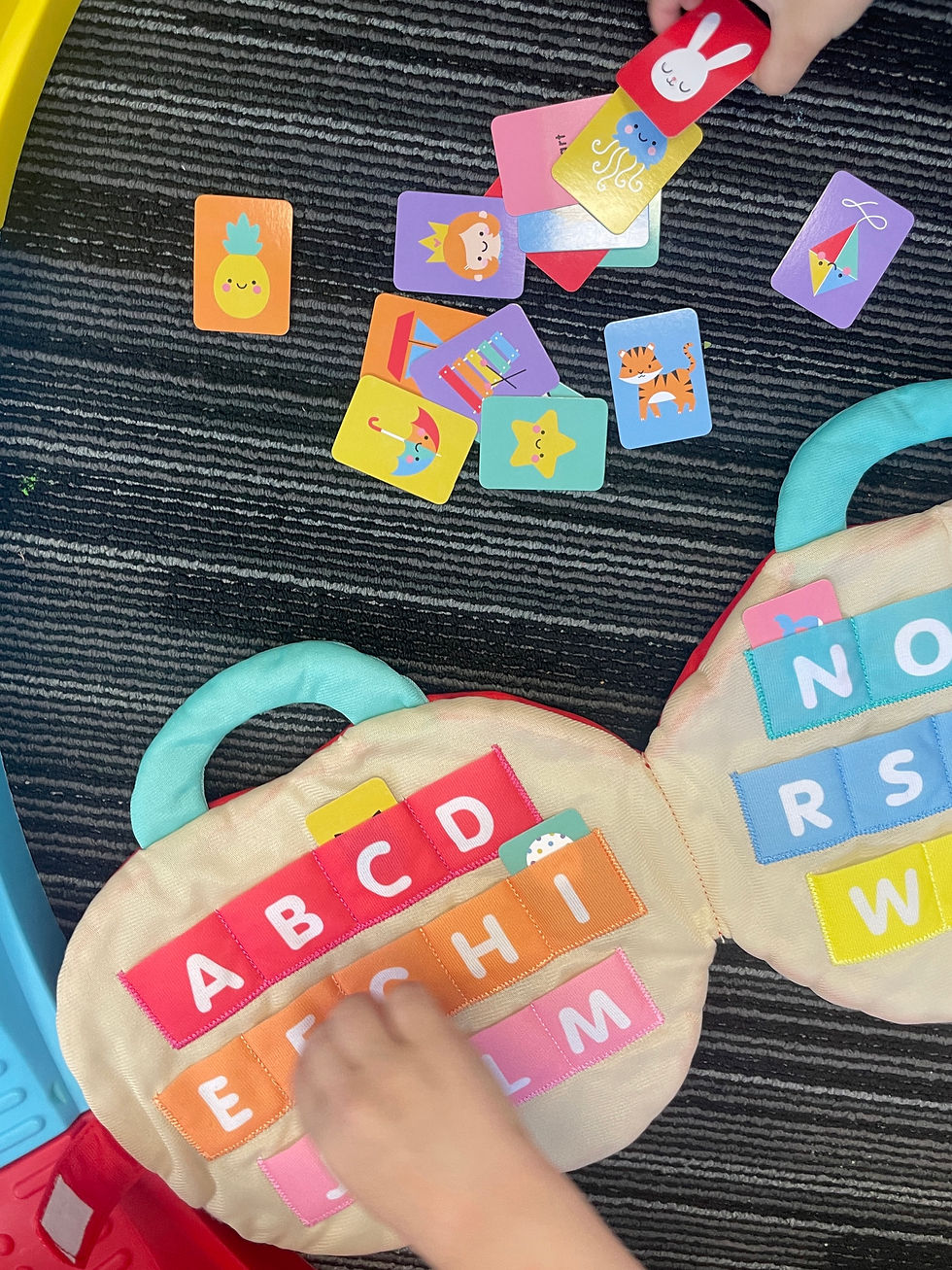🏠 Home Program Activities to Support Life Skills
- claire2876
- Jul 28, 2025
- 3 min read

Empowering independence through occupational therapy at every age
Developing life skills is one of the most important parts of becoming more independent — whether you’re a child learning to brush your teeth, a teen managing a daily routine, or an adult planning meals and budgeting. Life skills are essential for self-care, participating in family and community life, and reaching personal goals.
Occupational therapists play a vital role in assessing a person’s current level of function and designing individualised interventions to help them master everyday tasks. But learning doesn’t stop at the clinic — home programs help clients practice skills in real-world environments, which reinforces new learning and improves confidence and carryover. Below, we share age-specific ideas for supporting life skill development through simple, purposeful home activities.
👶 Preschool Life Skills Activities
At this age, children are learning foundational self-care and play-based routines. Life skills support independence, problem-solving, and confidence.
Dress-up play: Encourage your child to put on and take off costumes or everyday clothes with zippers, buttons, and Velcro. Practice fastening shoes or opening lunch containers.
Snack preparation: Let your child help prepare a snack by spreading butter on crackers, peeling a banana, or pouring milk from a small jug.
Tidy-up routines: Use a visual chart to show steps like “pack toys away,” “put books on shelf,” and “return dirty clothes to laundry basket.”
Toileting routines: Practice wiping, flushing, handwashing, and using visual prompts for steps.
🧒 Primary School Life Skills Activities
Children in primary school are ready to take on more responsibility. Tasks should build on what they’ve already learned and expand their independence.
Lunchbox planning: Get your child to choose balanced items, pack independently, and clean their container afterward.
Simple chores: Teach sorting clothes by colour, using a dustpan and broom, or vacuuming a small area.
Time and routine management: Use a visual schedule or timer to help them manage after-school routines (e.g., homework, snack, play, shower).
Money handling: Use pretend play or real scenarios (like a tuckshop) to practice identifying coins and handling small purchases.
👦👧 High School Life Skills Activities
Teens are preparing for more independence — from managing their schedule to learning how to care for themselves, their environment, and their responsibilities.
Cooking basics: Start with simple recipes using picture steps or written instructions. For example, making pasta, smoothies, or scrambled eggs.
Budgeting and shopping: Practice comparing prices at the supermarket, planning meals, and checking receipts for accuracy.
Public transport planning: Explore journey planners and apps to work out how to get from home to school or a friend’s house safely.
Job readiness: Practice filling in forms, planning a weekly schedule, or researching volunteer opportunities.
👨 Adults Life Skills Activities
For adults with disability or those recovering from injury or illness, life skills support participation, confidence, and autonomy in daily life.
Meal planning and preparation: Break the task into steps—create a shopping list, plan meals for the week, prep ingredients.
Laundry and cleaning routines: Practice using checklists, labelling machines, or using colour-coded baskets for sorting.
Financial management: Use apps or worksheets to track spending, budget weekly expenses, and organise bills.
Community access: Plan bus or taxi trips, attend appointments, and practice using mobile phones or calendars to keep track of commitments.

At South Coast Therapy & Support Group, our occupational therapists can help you or your loved one build the life skills needed for greater independence at home, school, work, or in the community.
Our waitlist is open — make a referral today:









